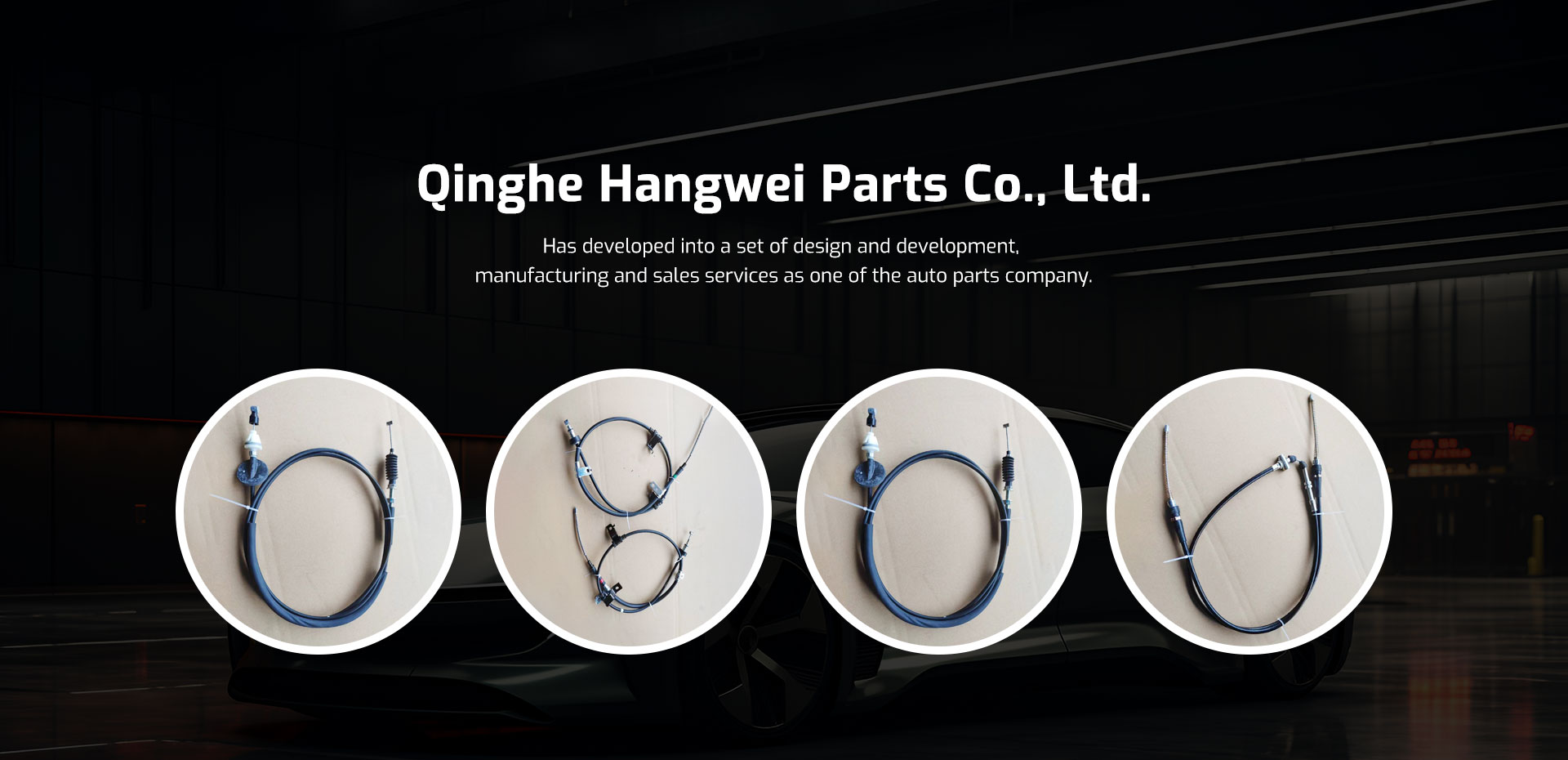Understanding the Importance of Clutch Master Cylinder Reservoir Hose in Vehicle Performance and Safety
Understanding the Clutch Master Cylinder Reservoir Hose Functionality and Importance
The clutch system in a vehicle plays a crucial role in ensuring smooth gear shifts and overall transmission efficiency. One of the key components of this system is the clutch master cylinder, which operates in conjunction with the clutch reservoir and the connecting hoses. In this article, we will delve into the significance of the clutch master cylinder reservoir hose, its functions, and its overall importance in automotive mechanics.
What is the Clutch Master Cylinder?
The clutch master cylinder is a hydraulic device that initiates the transmission of force from the driver’s foot to the clutch assembly. When the driver presses the clutch pedal, the master cylinder generates hydraulic pressure that engages or disengages the clutch, allowing the driver to change gears without grinding or damaging the transmission. The master cylinder is connected to the clutch pedal via a push rod, and it contains a piston that is responsible for compressing the brake fluid.
The Role of the Clutch Reservoir
Attached to the clutch master cylinder is the clutch reservoir, which holds the hydraulic fluid necessary for the operation of the system. This fluid is typically a specially formulated brake fluid, which has properties that allow it to efficiently transmit pressure without compressing. The reservoir maintains the proper fluid levels, ensuring that there is always enough fluid available for the master cylinder to function correctly.
Importance of the Clutch Master Cylinder Reservoir Hose
The clutch master cylinder reservoir hose serves a critical function in linking the reservoir with the master cylinder. This hose is designed to withstand high pressure and maintain proper fluid flow from the reservoir to the master cylinder. Here are some key points highlighting its importance
clutch master cylinder reservoir hose

1. Fluid Transfer The primary role of the hose is to transfer hydraulic fluid from the reservoir to the master cylinder. A secure and efficient connection is vital for the proper functioning of the clutch system.
2. System Integrity If the reservoir hose is damaged or develops a leak, it can lead to a drop in hydraulic fluid levels, causing a loss of pressure within the master cylinder. This loss can result in a failure to disengage or engage the clutch effectively, leading to significant performance issues.
3. Safety Concerns A malfunctioning or leaking hose can pose safety risks, as it may lead to unexpected clutch behavior. Drivers might experience difficulty in shifting gears or, in severe cases, an inability to disengage the clutch entirely, resulting in a dangerous situation on the road.
4. Maintenance Considerations Regular inspection and maintenance of the clutch system, including the reservoir hose, are crucial for long-term vehicle reliability. Mechanics often check for signs of wear, cracks, or bulging in the hose, which could indicate potential failures. Replacing a worn or damaged hose promptly can save drivers from more extensive repairs down the line.
5. Material Quality The materials used in the manufacture of the clutch master cylinder reservoir hose are engineered to resist heat and chemical deterioration. High-quality hoses are essential to withstand the operating conditions of a vehicle, ensuring the longevity and reliability of the entire clutch system.
Conclusion
The clutch master cylinder reservoir hose is an indispensable component that ensures the smooth operation of a vehicle’s clutch system. Its role in facilitating hydraulic fluid transfer, maintaining system integrity, and contributing to overall safety cannot be overstated. Regular maintenance and attention to the condition of the hose can prevent significant issues and enhance the driving experience. As technology advances, the materials and designs of these hoses continue to improve, ensuring that they meet the rigorous demands of modern automotive applications. Understanding and appreciating the intricacies of such components encourages better vehicle care and functionality in daily driving scenarios.
-
Upgrade Your Control with Premium Throttle CablesNewsAug.08,2025
-
Stay in Control with Premium Hand Brake CablesNewsAug.08,2025
-
Experience Unmatched Performance with Our Clutch HosesNewsAug.08,2025
-
Ensure Safety and Reliability with Premium Handbrake CablesNewsAug.08,2025
-
Enhance Your Vehicle with High-Performance Clutch LinesNewsAug.08,2025
-
Elevate Your Ride with Premium Gear CablesNewsAug.08,2025
